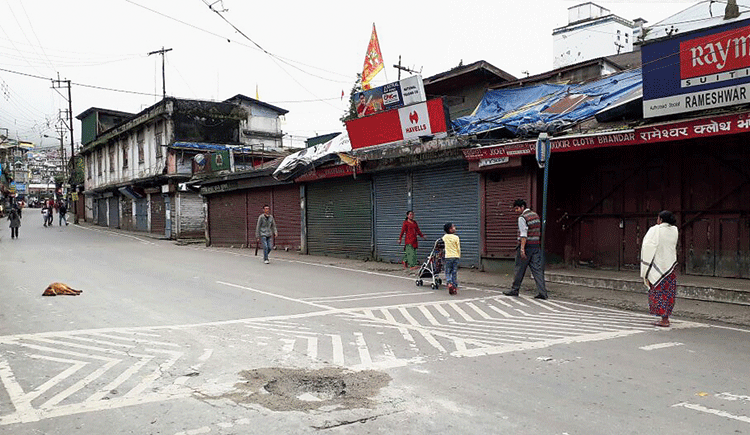A situation report on the impact of the lockdown in the rural areas of Darjeeling suggests that the three biggest concerns among the residents are food (57 per cent), LPG cylinders (36 per cent) and family health (22 per cent).
The findings also suggests that while three-fourths of students have access to study materials being provided by teachers, many guardians (40 per cent) in the rural areas are struggling to guide children in completing assignments.
DLR Prerna, a Darjeeling-based NGO, did a status update of rural Darjeeling and though the survey included only 158 respondents, the representation was varied as it included 16 tea gardens, three forest and nine khasmal villages.
“The respondents also included primary school teachers in low-cost private schools (27 per cent), tea plantation workers (27 per cent), community health and social workers (10 per cent),skilled and semi-skilled workers (7 per cent), farmers (5 per cent) and unemployed people (13 per cent),” said Roshan Patrick Rai, a DLR Prerna official.
While 57 per cent of all respondents cited food as a major concern, the figure was as high as 70 per cent among non-teacher respondents.
“In some rural areas shops are not opening at all. While most people have now received free rations, they have concerns about securing lentils, oil and vegetable,” Rai said. The study also suggested that 50 per cent of those who sell vegetables and milk are no longer selling their produce, while none are selling livestock, meat and poultry.
The survey indicates that in the rural areas of Darjeeling, only one-third of the respondents are growing any kind of food. “Even among those growing food, 82 per cent are doing so for home consumption,” said Rai.
This probably also explains the food fear among the rural population at a time income sources are drying up.
The fear of cooking gas has also surprised many with 36 per cent of the respondent listing it as a major concern.
The Telegraph spoke to some gas agency officials and they were of the opinion that restrictions on the movement of vehicles from villages might be a reason for the fear.
“There is no shortage of LPG. Even though we have point centres in village, there is a practice among villagers to hand over their refill books to drivers who come to town and take all the required cylinders on one particular day,” said an agency official.










